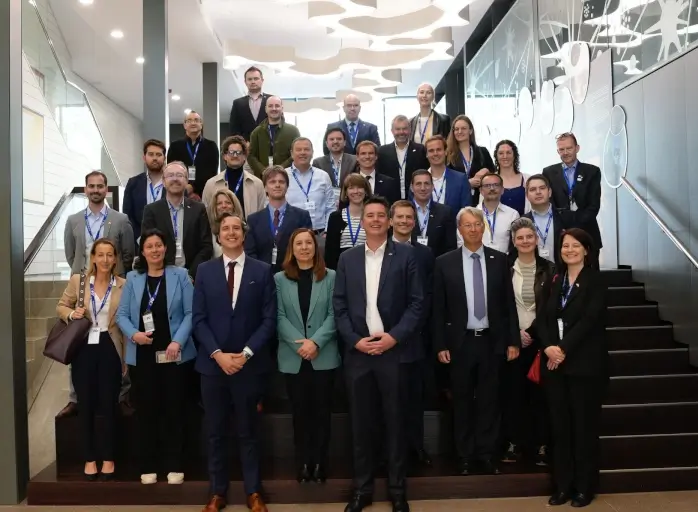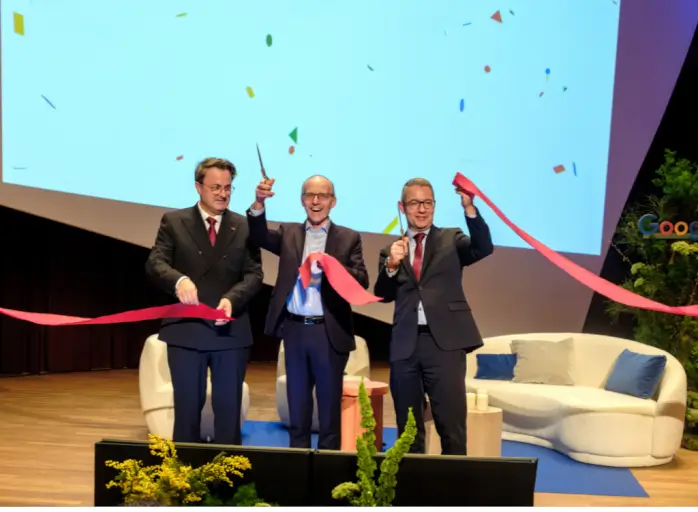

Luxembourg and Finland to collaborate on data governance and AI
The two countries aim to accelerate access to and use of health and social data, enhance legal certainty and foster innovation.
 Lena Mårtensson
Lena Mårtensson
On 23 September 2025, Luxembourg and Finland signed a Memorandum of Understanding (MoU) to strengthen cooperation in the fields of data governance and artificial intelligence (AI).
Driving innovation through data governance
Digital innovation is a strategic priority for Luxembourg. The MoU with Findata – the Finnish Social and Health Data Permit Authority, operating under Finland’s Ministry of Social Affairs and Health – forms part of Luxembourg’s broader ambition to become a European leader in data governance. By offering streamlined access to high-quality, reliable data, Luxembourg seeks to position itself as a gateway to other markets.
This initiative will be overseen by the Government Commission for Data Protection to the State (CGPD), acting as the "Luxembourg Data Authority." The Authority will play a central role in ensuring legal clarity, supporting innovation, and boosting the country’s appeal to researchers and businesses. Its remit will be further expanded under sector-specific data reuse regulations, such as the European Health Data Space Regulation (EHDS), where it will serve as the centralised access body.
Enhancing access to health and social data
For Findata, the partnership aligns with its mission to streamline the use of health and social data while upholding stringent data protection standards. Over the past six years, Findata has served as Finland’s centralised data permit authority for the secondary use of social welfare and health data – a role akin to that of a Health Data Access Body. During this time, it has developed secure and efficient processes to facilitate responsible data use.
Building a future-proof data ecosystem
The MoU represents a significant step forward for both parties, bringing together valuable expertise and strengthening institutional capacities. It involves key Luxembourg stakeholders, including the Ministry for Digitalisation, the CGPD, and the Government IT Centre (CTIE). The agreement reflects a shared commitment to building a robust, future-proof data ecosystem that supports cross-border collaboration, regulatory alignment, and technological progress.
The collaboration will focus on knowledge exchange and best practice sharing, particularly in areas such as the reuse of pseudonymised data within secure processing environments and AI regulatory sandboxes. This approach promotes transparency and helps build public trust in the secondary use of public sector data.
Fostering responsible data innovation
Beyond technical cooperation, the partnership aims to cultivate a culture of responsible data innovation. It will support public awareness of data rights and opportunities and contribute to the development of interoperable tools and frameworks that benefit European society at large. Ultimately, the MoU lays the foundation for future initiatives that will unlock the full potential of data-driven research and the data economy.







